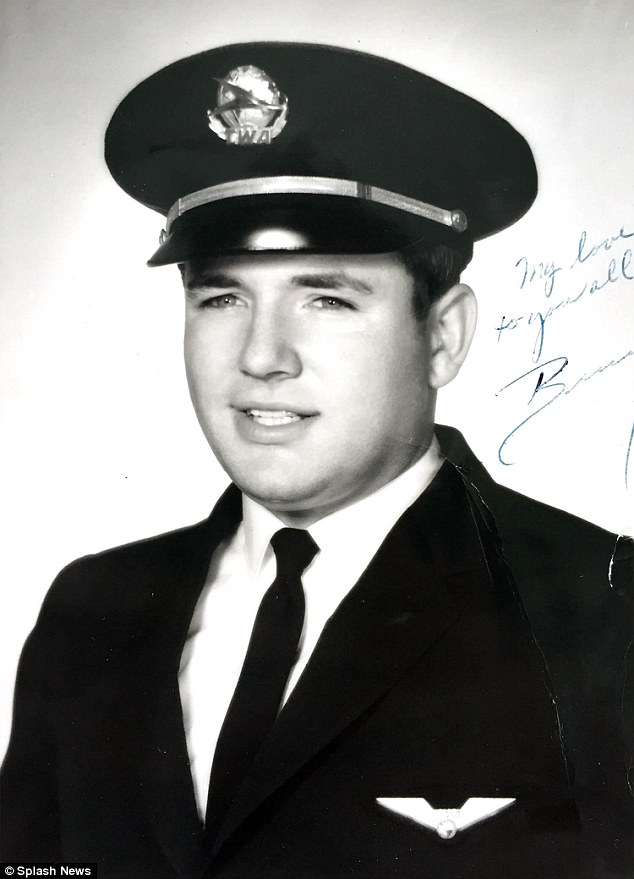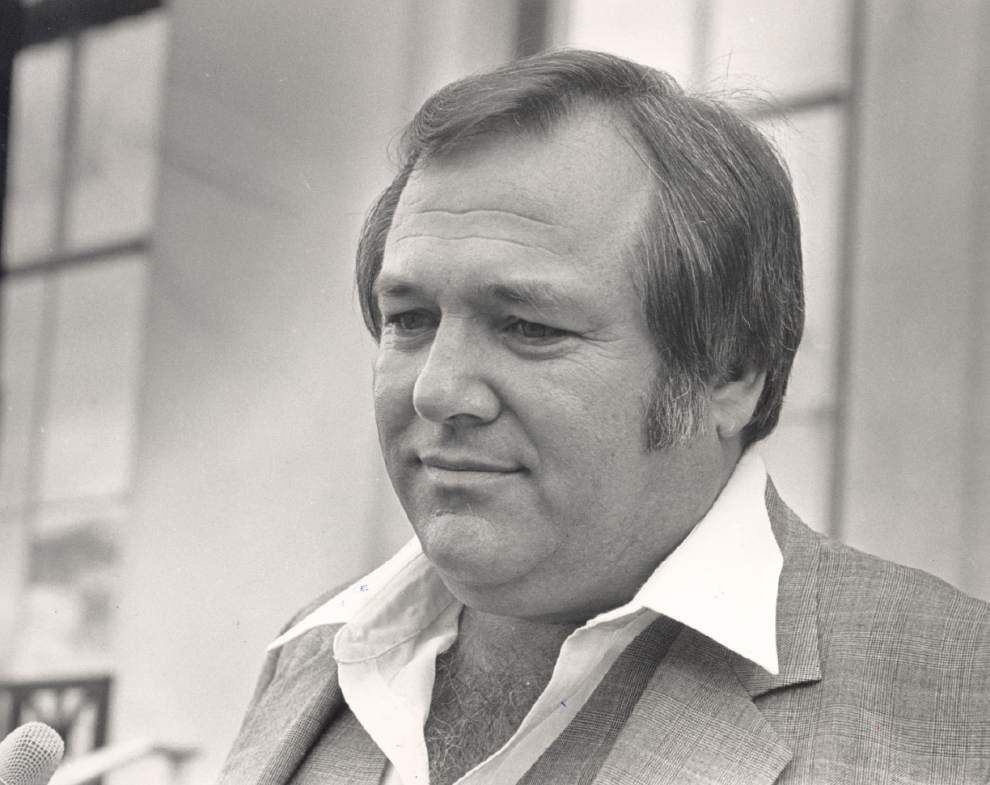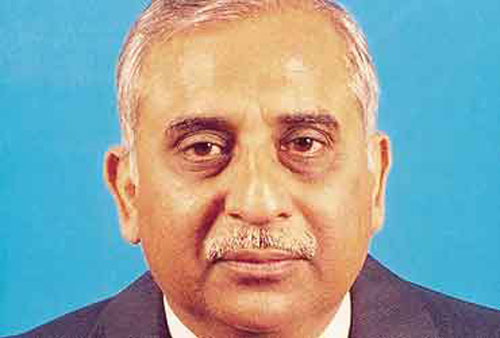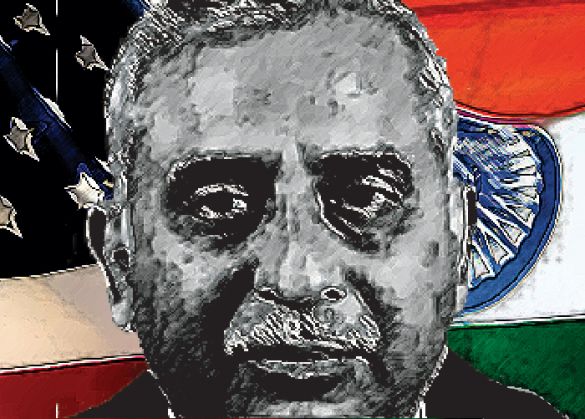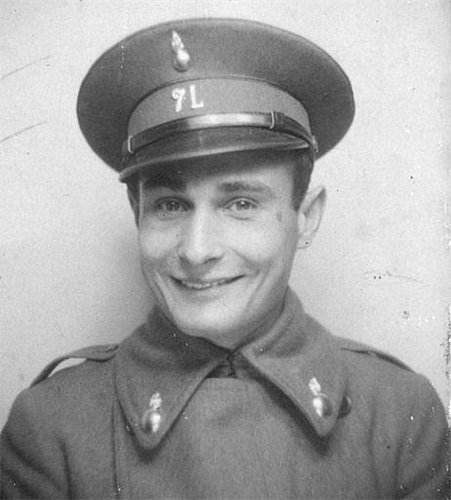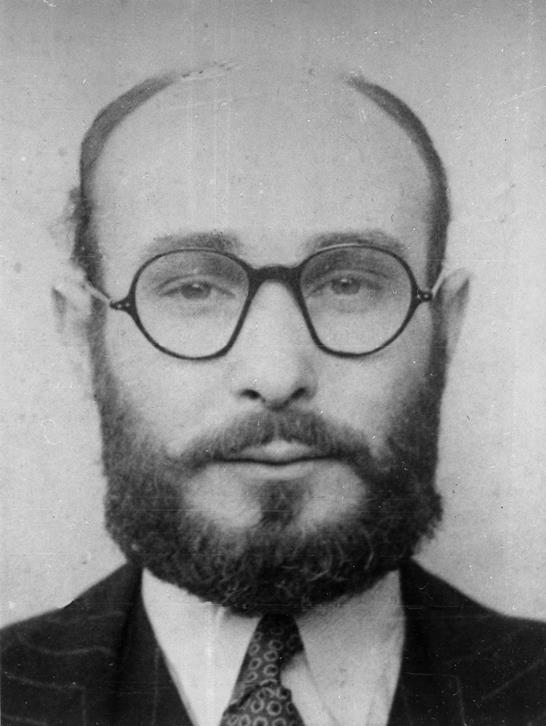Barry Seal And 6 Other Real Undercover Informants That Are Totally Cooler Than James Bond
Though one of them may actually be the inspiration behind the James Bond character :O
1. Barry Seal
Formerly a commercial airline pilot, Barry Seal's foray into the underground world of drug smuggling began when he was fired from his position at Trans World Airlines (TWA). Soon after, he was hired by the infamous Medellín Cartel as a pilot and drug smuggler.
He was responsible for smuggling shipments of cocaine from Colombia and Panama into the United States. Performing this service earned him as much as $500,000 per flight. Eventually, he was arrested and sentenced to 10 years in prison which is when he offered to strike a deal with the Drug Enforcement Administration (DEA).
Not only did Seal testify against his former employers, he also played a vital role in of one of the biggest undercover operations in US history against Pablo Escobar. The mission required him to fly a bugged airplane into an airstrip in Nicaragua. Seal's position as a trusted smuggler to the cartel over the years was what allowed him to successfully gather confidential intel and photographic evidence on behalf of the CIA.
2. Yoshiko Kawashima
After the fall of China's Qing dynasty, Xianyu was given up for adoption to one of her father's Japanese friends. She was a Manchu princess descended from the imperial clan of the Qing dynasty. Her new stepfather changed her name to the one she is most known by today: Yoshiko Kawashima.
Raised from a young age in the Kawashima household, Yoshiko followed in her stepfather's footsteps - he was a Japanese espionage agent and mercenary adventurer - to become a spy herself.
Dubbed as the 'Eastern Mata Hari', Yoshiko used her passion for dressing up and dramatic personality to spy for Japanese general Doihara Kenji by going on undercover missions in various disguises. Her most oft used ruse was to cross dress as a man. This helped her to both impress men and be able to blend into the guerrilla groups without drawing unwanted attention to herself.
She was also hailed as the 'Joan of Arc' of Manchukuo in Japanese newspapers when she formed and commanded an independent counter insurgency cavalry force consisting of about 3,000-5,000 former bandits. Their purpose was to hunt down anti-Japanese guerrilla groups.
3. Dusan Popov
Dusan Popov was a successful Serbian lawyer who was active as a double agent over a 5 year period during World War II. He reported to 3 different intelligence agencies, each with a different codename: the Abwehr (German, codename: Ivan), the MI6 (British, codename: Tricycle), and the Yugoslav intelligence service (codename: Duško).
As a handsome man born into a wealthy family, Popov was known to be charming and cultured as well as for having a way with women. He lived a promiscuous lifestyle, going so far as to even openly court women during missions. Sound familiar? That's because he's actually said to be the main inspiration behind the famous 'James Bond' character created by his close friend, Ian Fleming.
Popov was strongly against Hitler and his ideals so when the Germans asked him to join them as a spy due to his fluency in German plus his business connections in France and the United Kingdom, he only pretended to go along with it. In reality, he had secretly contacted the MI6 and offered to be a double agent for them.
Popov worked diligently for them, even after his handler's cover was blown. He gave the Germans false information to deter their operations while providing valuable German intel to the MI6. He also managed to inform the FBI about the planned attack on Pearl Harbour months in advance but his warning was disregarded as the FBI director at the time did not trust him.
4. Rabinder Singh
Rabinder Singh started off as a member of the Indian army, achieving the rank of Major, before volunteering to join the Research and Analysis Wing (R&AW), India's external intelligence agency. He raised suspicions when he was caught photocopying documents that were unrelated to his position as Joint Secretary.
Counter-intelligence officials placed him under strict surveillance, which included tapping his phone, in order to find out who he was working for. While Rabinder initially didn't catch on to the fact that he was being watched, he finally realized that something was up when he was barred from leaving the country for his annual trip to visit his sister in the U.S. Soon after, he and his wife disappeared without a trace.
Upon investigation, it was discovered that they may have escaped to the U.S via Nepal. R&AW was convinced that the CIA was somehow involved and claimed that they had evidence such as copies of the couple's visas and embarkation cards, new CIA issused U.S passports, and flight log records. It is assumed that Rabinder filed for asylum in the U.S and continues to live there under a different identity.
5. Katrina Leung
China native Katrina Leung initially came into contact with the FBI as part of an investigation dealing with illegal technology transfers. The company Leung worked for and a pro-PRC activist that she had a close relationship were the subject of the investigation.
The FBI was so impressed with the information she gave them that they helped her become a U.S citizen in order for her to become a double agent. The plan was for her to get herself recruited by the Chinese Ministry of State Security (MSS) and report back to the FBI.
But Leung ended up double crossing the FBI and spied on them for the Chinese side instead. She leaked highly classified information such as operation and counterintelligence program details as well as the identities of several FBI agents, some of whom were on active duty.
Her close relationship with her FBI handler, Smith, contributed greatly to her success as a double agent; she was able to effectively manipulate and convince him of her loyalty. Smith then went on to strongly defend Leung on multiple occasions and allowed her to remain in her position despite suspicions from other parties.
6. Anna Chapman
Born and raised in Russia, Anna Chapman was part of a a network of Russian sleeper agents under non-official cover known as the Illegals Program. The Russian Foreign Intelligence Service planted them in the U.S to pose as ordinary American citizens; they were instructed to build a network of contacts with academics, industrialists, and policymakers to gain access to intelligence.
Anna's infiltration into the U.S was a slow, calculated one. She first moved from Moscow to London after marrying U.K. native Alex Chapman. Then, she used the British citizenship and passport she gained from the 5 year marriage to seamlessly move from London to New York after their divorce.
Soon after, a targeted FBI investigation trapped Anna with a fake mission and arrested her; 9 other sleeper agents from the Illegals Program were also subsequently arrested. They were all deported back to Russia as part of a prisoner swap between Russia and the U.S.
Anna was hailed as a national hero upon her return and was awarded the highest of honors by the Russian government. She went on to work for the government as the head of a youth council, and even gained celebrity status by working as a model and running various television series.
7. Juan Pojol Garcia
Due to the ill treatment and negative experiences he and his family went through during the Spanish Civil War, Juan Pojol Garcia developed a deep-seated resentment for both fascism and communism. By extension, this lead to his strong hatred towards Nazi Germany and the Soviet Union.
Wanting to play a part in bringing down Hitler and the Nazis, he approached the British forces on 3 separate occasions, offering to serve as a double agent on their behalf but was turned down each time. So he set out to prove himself useful to them.
He created a false identity purposefully crafted to appeal to the Nazis: that of a pro-Nazi fanatic Spanish government official who could easily travel in and out of London on business. The Abwehr (German Intelligence) accepted him immediately and gave him the mission of recruiting a network of British agents.
Instead, Juan Pojol created an intricate network of fictional sub-agents so believable that the Nazis trusted his intel completely and never found out that he was fooling them until after the end of World War 2. The British forces finally accepted his offer to be a double agent for them; he played an integral role in ensuring the success of many of their operations by feeding the Germans false information and making them waste their resources.
